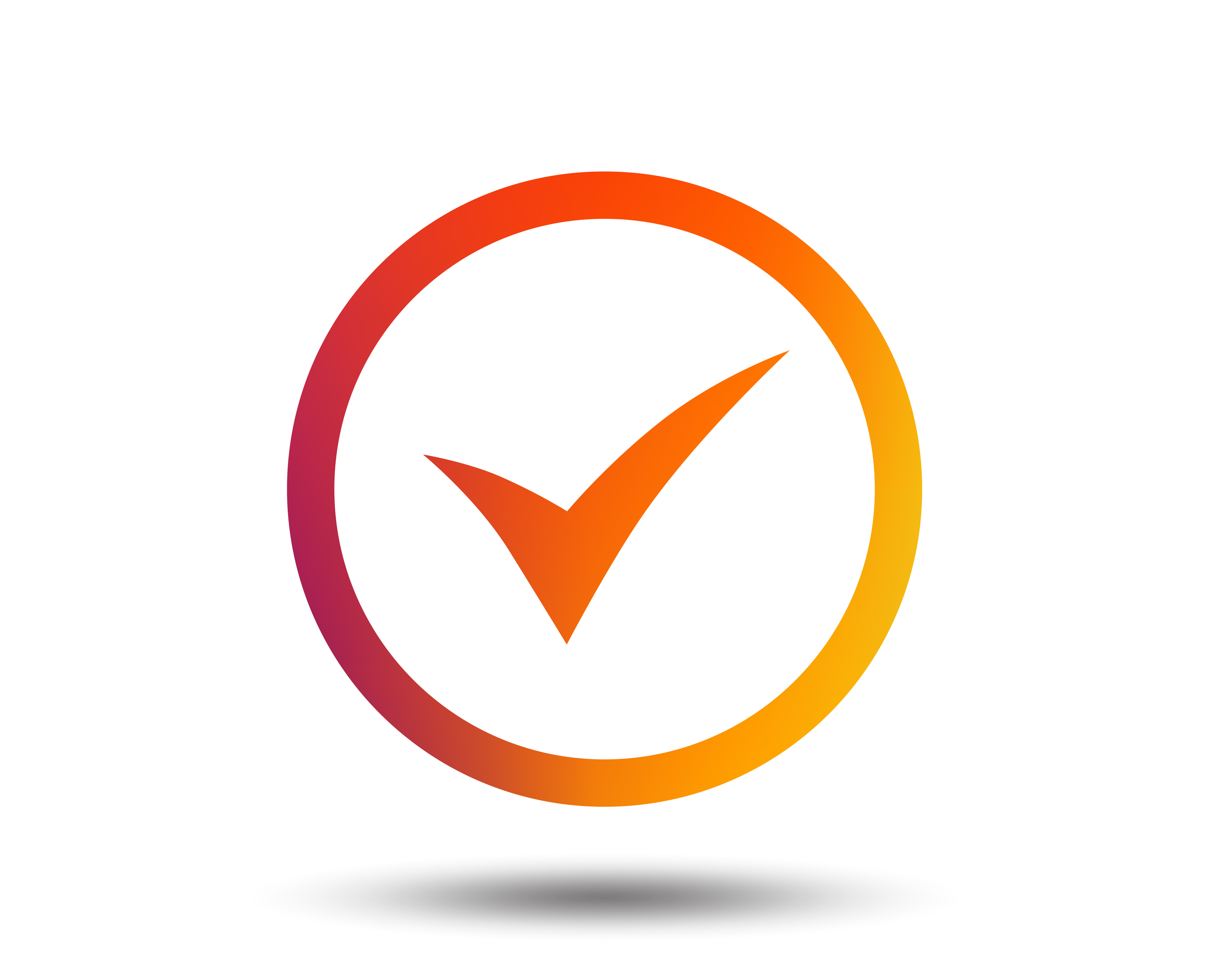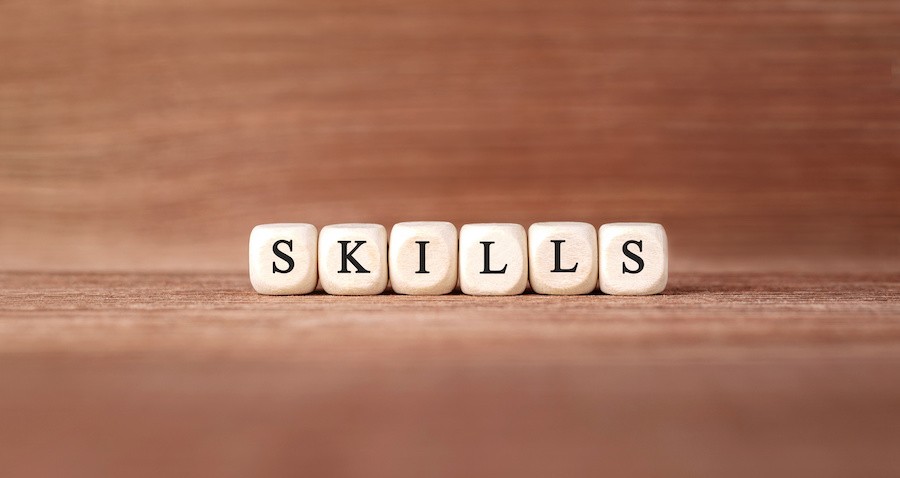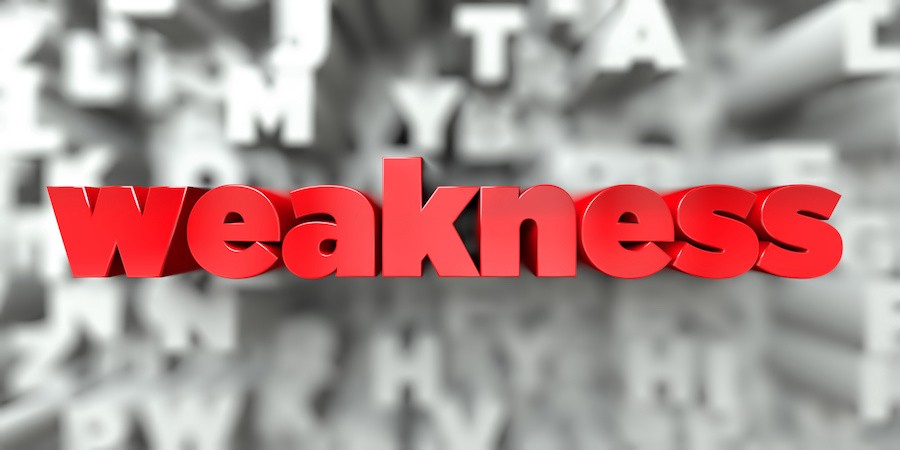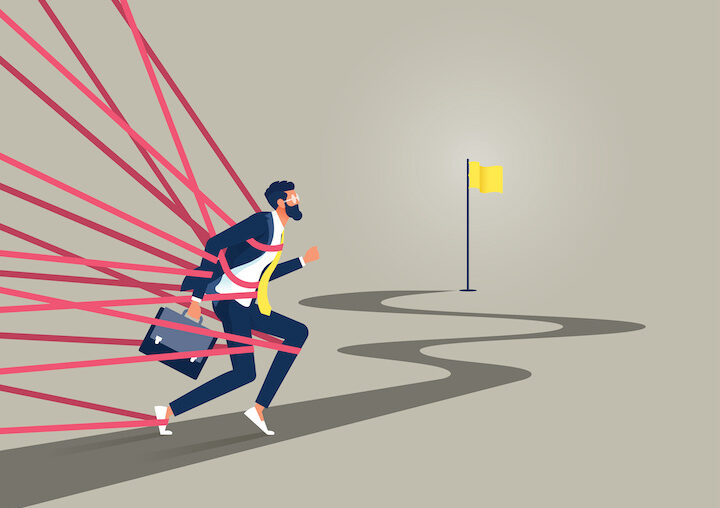
Copywriter, Human Resources Manager, and Marketing Expert
Choosing the right person for a competitive job role or position often comes down to the interview. While many candidates may seem very similar on paper, the interview gives hiring managers and decision-makers insight into who the applicant really is. For high-level candidates, acing an interview comes down to preparation, and one of the questions savvy job seekers should be ready to tackle is “What are your weaknesses?”
Why do interviewers ask about your greatest weakness?
There are a variety of reasons why you may be asked about your greatest weaknesses in an interview. While few interviewers are expecting you to confess to your struggles with staying organized or your tendency to forget about details, even polished responses can help to understand more about what you would be like as an employee, teammate, or member of that group. Here are four common reasons you may get a “biggest weakness” interview question.
It shows your preparation
Preparing for basic interview questions like “what is your weakness”, “what are your greatest strengths“, or “where you see yourself in 5 years” is table stakes when it comes to landing the role. Having professional answers prepared for these basic questions will help the interviewer to see you as a more eager and interested candidate.
It can highlight an unexpected shortcoming
When answering questions about your biggest weakness for job interview settings, the goal is to be truthful. However, you should be sure not to disqualify yourself right off the bat. In some cases, this question can be a blessing in disguise. As professional roles and consumer preferences continue to evolve, employers may shift from traditional expectations of hard and soft skills.
An example could come from someone who is applying for a position to work on a farm. While this candidate can fix any mechanical issue they find, their greatest weakness may be in their understanding of technology. This is an acceptable answer for many organizations. However, other organizations may have upgraded their systems with the latest tech. Therefore, this candidate would not be the right fit.
As a job seeker, it’s important to keep in mind that while you are trying to stand out and impress a potential employer, you should also be looking for a company that fits your needs, skills, and personality.
It gives more information about your personality
In an interview, weaknesses can tell a lot about a person’s personality. How you position and communicate your perceived weaknesses says a lot about your outlook, confidence, and overall disposition.
For example, there is a huge difference between this answer

“My biggest weakness is that I have such a curiosity and passion for the work. Sometimes I find myself taking on too many projects at a time. I know I perform at my best and most confident when I’ve got a healthy work/life balance, and I’ve been focusing on improving this by delegating and automating non-essential tasks.”
And this answer.

“I have trouble trusting my team so I tend to do everything myself which can lead to burnout.”
It helps lead to more questions
In many cases, you may have just met the person interviewing you for the first time. By asking a question you have (hopefully) prepared for, the interviewer is trying to create an easy, conversational flow that puts you at ease. This can help them to learn more about you, and can easily segue into more questions, especially if this is not a structured interview.
Different types of “weaknesses” job interview questions
Job seekers and interviewees should be ready to discuss different types of weaknesses. These include weaknesses related to hard skills, soft skills, and interpersonal skills.

Hard skill weaknesses for job interview
Hard skills are technical skills that can be tested and measured. For example, are you able to name the chemical composition of a substance? Can you code using Python? Do you know how to repair an engine? These are all examples of hard skills. As a general rule of thumb, if you are going to name a hard skill as your biggest weakness, it should be one that has little relation to the role or position you are applying for.
Other examples include:
- Accounting
- English grammar
- Foreign Languages
- Carpentry
- Mechanics
Soft skill weaknesses for job interview
Soft skills are intangible skills that are often hard to quantify. Are you always on time? Do you have outstanding organizational skills? Soft skills make for great responses to a weakness interview question because they are difficult to put a number on. They are also easy to form an improvement plan for, and most people can honestly choose one that does not make them look like a weak fit for the position.
Examples include:
- Time management
- Organizational skills
- Focus
- Promptness
- Attention to detail
Interpersonal skill weaknesses for job interview
Lastly, interpersonal skills are a subset of soft skills that focuses on your ability to work with others. These are also hard to quantify and relate directly to your interactions with teammates, customers, and superiors.
Examples include:
- Communication
- Delegation
- Management
- Collaboration
More Examples of weaknesses to use for interviews
Hard Skills
- Foreign Language
- Spelling
- Grammar
- Coding
- Design Drafting
- Food Prep
- Wound Care
Soft Skills
- Creativity
- Motivation
- Organization
- Risk Tolerance
- Positive Outlook
- Problem-Solving
- Adaptability
Interpersonal Skills
- Delegation
- Communication
- Teamwork
- Leadership
- Empathy
- Negotiation
- Relationship management
How to answer “What are your weaknesses?”
Crafting the best response about weaknesses for interview questions starts with honestly looking at yourself and your personal working style. On one hand, a good response should come from a place of honesty. On the other hand, you should work to define and shape your reasoning to fit the interview and the specific role you are applying for. In the end, your goal is to make your weakness sound like a secret strength.
While the typical goal is to stand out when describing your weaknesses in an interview, a common answer can sometimes be the best one. Choosing a weakness that many people struggle with like creativity, public speaking, or being too helpful to others can help to humanize you to the interviewer and establish some common ground.
What makes a good response?
Effectively communicating your greatest weakness to an interviewer will have three parts: The weakness, the example, and the improvement plan. This allows you to answer the question, show proof, and explain what you are doing to continue to improve.
Defining the weakness: Choose something not directly job-related
Nothing shows a hiring manager you’re unprepared and unaware of the position requirements by choosing to reveal a “biggest weakness” that is directly related to the role you are interviewing for. You can always choose a weakness that is not directly job-related.
For example, a computer programmer says their biggest weakness is being a terrible public speaker. Keep in mind that if the weakness you choose is too unrelated, the interviewer may ask you for something a bit closer to the duties of the position in which case you may want to have a backup option prepared.
Discussing the example: Tie it to a positive
Instead of just stating that something is a weakness for you, it’s a good idea to give some context to paint the picture.
Instead of ….
I have trouble managing deadlines.”
Use….
I feel inspired and do my best work when I’m tight against a deadline, which can sometimes lead to stressful situations.”
Describe what you’re doing to improve
When you’re asked, “What is your greatest weakness?” by an interviewer, they’re looking for a response, but they also are trying to gauge your motivations and desire to improve. Instead of just answering the question, try also explaining what you are actively doing to minimize the weakness without going into excessive detail. This can include taking classes, talking with mentors, or other steps.
Things to NOT say when answering the “greatest weakness” interview question
Just like there are many good examples of how to answer questions about your greatest weaknesses, there are many limitations to the things you should say as well. Here are some tips on things to NOT say when answering a greatest weakness interview question.
I don’t know / I don’t have one.
While these responses aren’t technically synonyms, they mean the same thing: “I haven’t prepared for this interview and I don’t care enough to try to think of one.”
My biggest weakness is [insert primary job function].

If you are being honest and your biggest weakness is the primary function of the position, it’s likely this is not the right role for you. If you are trying to break into a new field and you really don’t know much about how to do the job (so your inexperience could be seen as a weakness), try offering up a soft skill weakness instead.
My biggest weakness is [something completely unrelated].
It can be tempting to throw out something that is completely unrelated to the position you are applying for like saying your biggest weakness is that you’re a terrible mountain climber climb while interviewing for a teaching position or saying you can’t define “synonym” when interviewing to be a baker. Unless you’re going for humor (take caution with that, too!), these super-unrelated weaknesses won’t help your case.
My biggest weakness is [something inappropriate or unprofessional].
While honesty does count for a lot, there’s no need to unload excessively personal information on your interviewer. If you’re on the fence, give it the newspaper test. If it’s something you wouldn’t be comfortable reading about yourself in a newspaper, don’t mention it in an interview.
What are your weaknesses examples?
Sometimes interviews won’t just ask for your singular “greatest weakness” — they’ll ask for your weaknesses. This is often done to try to get an applicant to open up more and gives the interviewer more material for follow-up questions.
When it comes to answering the question, it’s often a good idea to choose responses that go well together. What you don’t want to do is give an answer that backs you into a corner like saying you have trouble focusing on single projects AND multitasking or that you don’t work well with others AND you have trouble working independently.
So, here are a few ways to match weaknesses for a job interview response:
Vertical weaknesses
These are different skills in one subject that you struggle with.
For example, if your biggest weakness is your creative writing, then your biggest weaknesses would likely be plot action, character development, and word choice.
Horizontal weaknesses
This refers to people who want to name the same skill across several different situations.
For example, if your biggest weakness is the fact that you talk too much, you could say that your biggest weaknesses would be your overly outgoing nature, high amounts of empathy, and time management when helping others.
Scatter weaknesses
Using scatted weaknesses in your response can be a winning solution and would be perfect in roles that require a person to wear a lot of different hats. This is when you pick unrelated weaknesses.
For instance, say your biggest weakness is that you tend to overthink decisions. That can still be one of your biggest weaknesses, but it should be paired with others like the inability to draw a circle or the tendency to forget names.
“What is your greatest weakness?” Answer Samples
The type of position you are trying to get can determine the answer you should give to a question about your greatest weakness.
If you’re applying for a first job
- Focus on soft or interpersonal skills
- Use examples from school or daily life
- Make a positive connection to the position
Example:
“My biggest weakness is that I can be a bit of a perfectionist. In group projects at school, I find myself doing all the work rather than asking another student to help because I’m concerned they won’t meet my expectations. I’m excited that this role would have me working independently and responsible for my own success.”
If you’re applying for a foot-in-the-door or dream job
- Pick something you can turn into a strength
- Explain what you’re doing to improve
- Showcase how this will prepare you for a future with them
Example:
“My biggest weakness is that I can be very direct. I value open and honest communication, but I’m still working on finding the best way to communicate with people who have a different communication style than I do. I know this role would give me the opportunity to improve which will create a more unified and coordinated team for the organization.
List of weaknesses for interview responses
Creating and preparing a stellar answer to an interview question about your greatest weakness should start with some basic research into common weaknesses. Here are some of the most commonly cited weaknesses in interviews.
General weaknesses for job interviews:
- Time management
- Organization
- Risk-taking
- Patience
- Confidence

For analytical careers:
- Creativity
- Humor
- Spontaneity
- Risk-taking
- Empathy
For creative careers:
- Data analysis
- Legal interpretation
- Receiving feedback
- Long-term planning
- Sticking to the status quo
For leadership roles:
- Delegation
- People management
- Innovation
- Decisiveness
- Multi-tasking
Summary
When interviewing for a new role, it’s highly likely you will be asked about your greatest weaknesses. Choose to talk about a weakness that shows your work ethic, drive, or passion and communicate it in a way that paints the interviewer a picture of how your biggest weakness is either irrelevant to the new position or can be leveraged as a strength. With proper interview preparation and the tips in this article, you’ll be ready to take on any interview with confidence.
Good luck, and happy job searching!







2 Comments
What if, the greatest weakness is the “Age” issue. Being older?
That is a great question. Often companies are hesitant to hire older adults because they’ll have to pay you more and you may not be able to keep up with the rapid growth of technology. So instead of thinking about “age” as your greatest weakness, you can turn it into a strength. The first thing is to make points that disprove their beliefs about older adults in a work environment. If you are tech savvy, you should emphasize that. Also if you are willing to take a pay cut, emphasize that as well. Next, you should think about ways to communicate how your age could benefit the company. You have more skill and experience, you can mentor younger employees, you are more reliable, and so much more. If you are feeling insecure about it, the hiring manager may see it. So figure out ways your age could benefit companies and own it.